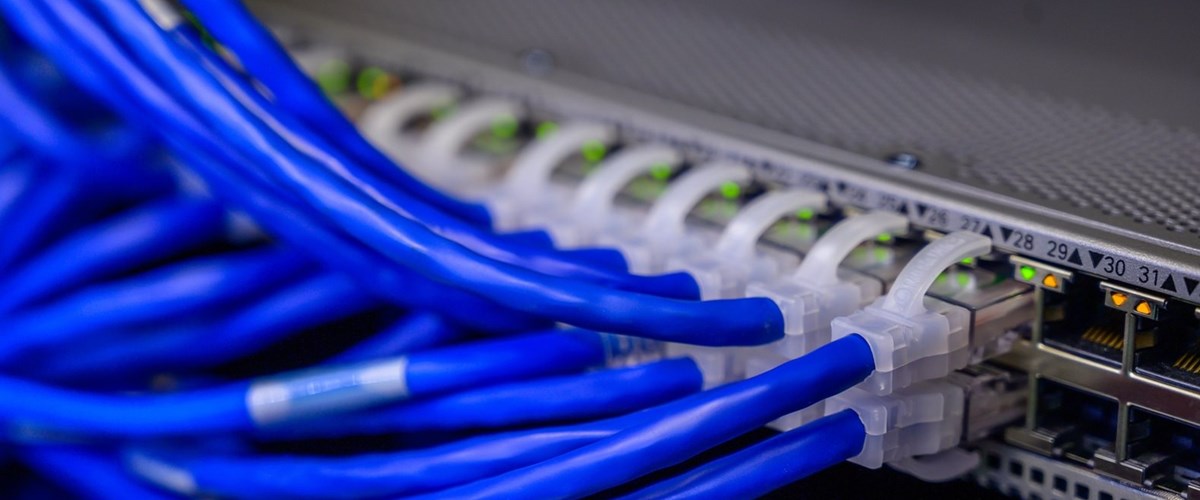
Creator: Shakir Hussain - License: CC BY-SA 4.0
As technology continues to advance, businesses and organizations increasingly rely on network infrastructure to operate efficiently. However, many overlook the importance of proper network pre-wire and cabling in building a reliable and efficient network. In this article, we will explore the essential role of network pre-wire and cabling in building a robust network infrastructure.
What is Network Pre-Wire and Cabling?
Network pre-wire refers to the installation of network cables before the construction or renovation of a building. It involves installing cables for data and communication systems throughout the building, ensuring that the wiring is structured and installed correctly. Network cabling, on the other hand, is the process of connecting devices to the network through the installation of cables, connectors, and related equipment.
Why is Network Pre-Wire and Cabling Important?
The importance of proper network pre-wire and cabling cannot be overstated. The installation of high-quality cabling infrastructure ensures that the network is reliable, efficient, and secure. The benefits of network pre-wire and cabling include:
Faster Data Transfer Speeds: High-quality network cabling ensures that data transfer rates are fast and reliable, leading to faster communication between devices and users.
Increased Bandwidth: The correct network pre-wire and cabling can support high bandwidths, allowing for the transfer of large amounts of data and the use of bandwidth-intensive applications.
Scalability: Properly designed cabling infrastructure allows for future expansion and upgrades without the need for costly and disruptive rewiring.
Improved Security: Network pre-wire and cabling can improve the security of a network by ensuring that only authorized users can access the system.
Increased Network Reliability: Properly installed and maintained network cabling reduces the likelihood of downtime and other network issues, leading to increased productivity and reduced costs.
The Importance of Quality Cabling Materials
Quality cabling materials are a crucial aspect of building a reliable network infrastructure. High-quality cables, connectors, and related equipment ensure that the network is efficient, secure, and reliable. When selecting cabling materials, it is essential to consider factors such as the quality of the copper or fiber optic material, the diameter and length of the cables, and the type of connectors used.
Fiber optic cabling is an increasingly popular choice for network cabling due to its high bandwidth capabilities, resistance to electromagnetic interference, and long transmission distances. Copper cabling remains a popular option for shorter distances, but the type of copper cable used is also crucial to the overall network performance.
The Importance of Proper Installation and Maintenance
Proper installation and maintenance of network cabling are critical to ensuring the reliability and efficiency of the network. Incorrectly installed or poorly maintained cabling can lead to network downtime, decreased performance, and security vulnerabilities. It is essential to work with experienced professionals who can ensure that cabling is installed correctly, tested, and labeled appropriately.
Regular maintenance of the cabling infrastructure is also crucial. This includes regular cleaning and inspection of cabling and connectors, as well as testing and troubleshooting any issues that arise.
Conclusion
In conclusion, the importance of network pre-wire and cabling in building a reliable network infrastructure cannot be overstated. High-quality cabling materials, proper installation, and regular maintenance are all crucial aspects of building a robust network. By prioritizing network pre-wire and cabling, businesses and organizations can ensure that their networks are fast, efficient, and secure, leading to increased productivity, reduced costs, and improved overall performance.